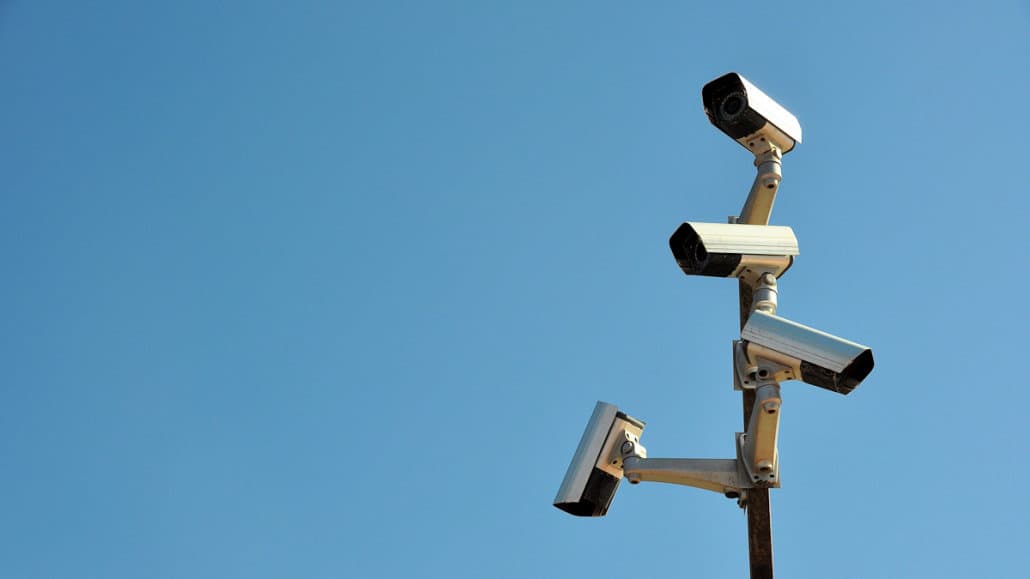While President Cyril Ramaphosa’s responses to the state capture commission’s recommendations on the renewal of state owned entities and the intelligence sector have positive prospects, he remains silent on the deputy ministers in his government who were fingered in wrongdoing.
The biggest casualties of state capture in South Africa, SOEs that were robbed of billions of rands according to the Zondo commission, will receive the overhaul that they need, with some changes in legislation that will protect them from capture in the future. This is what President Cyril Ramaphosa promises in his response to the commission’s recommendations, which he submitted to Parliament over the weekend of 23 October 2022.
In the document, he notes: “Government accepts the recommendations on the need for a process for the appointment of SOE boards that is not open to manipulation, including the involvement of independent panels with appropriate technical expertise to recommend suitable candidates to the relevant executive authority.”
The commission found that over R50-billion was pillaged from SOEs – Transnet amounting for the biggest loss – when Gupta-owned companies and those associated with them ran their capture scheme from around 2012 to 2018. Earlier this month its chairperson, Chief Justice Raymond Zondo, received permission from the North Gauteng High Court to make some amendments to the numbers, which were recorded by the commissioned Shadow World forensic investigators.
To ensure credible leadership for SOEs, Zondo recommended some dramatic changes to their selection and appointment processes. Ramaphosa responded by committing to a “Guide for the Appointment of Persons to Boards and Chief Executive Officers of State-Owned and State-Controlled Institutions”, which he said would be for independent panels of relevant stakeholders and experts to consider when nominating suitable candidates to the relevant minister.
Furthermore, the Companies Act is to be amended to allow for applications for a director to be declared delinquent to be brought even two years after the end of their directorship, which is currently not the case. This is a victory for civil society organisations like Corruption Watch (CW), which seek to hold those in positions of power accountable to the public.
CW is currently involved in litigation aimed at declaring several former Eskom board members of the time under review by the commission.
Changes to intelligence function
Intelligence is another function of government where changes are coming. These will address the ideological changes to its mandate that Zondo heard, in evidence, were instrumental to the formation of, and later destabilisation of the State Security Agency (SSA).
The response to the recommendations of both the commission and before the high level review panel headed by former cabinet minister Sydney Mufamadi is the General Intelligence Laws Amendment Bill, which is being drafted. It will “disestablish the SSA and establish a domestic intelligence service and foreign intelligence service in accordance with the Constitution, and strengthen oversight by the Inspector General of Intelligence, the Joint Standing Committee on Intelligence and the Auditor-General of South Africa.”
In addition to this, the review of the Intelligence Services Act, which is also underway, will “give practical effect to the principle that no member of the executive responsible for intelligence may be involved in the operational matters of the SSA.”
During the course of oral evidence, Zondo heard from former leadership of how back in 2009 the country’s intelligence sector was repositioned for a paradigm shift from national to state security by then president Jacob Zuma. This period also marked the establishment of the SSA, which according to the former director-general Jeff Maqetuka, saw interference from the executive.
Lacking in accountability
While Ramaphosa’s plans for intelligence are generally positive, he has not made a public announcement on the fate of two deputy ministers with direct links to adverse findings on the SSA. Deputy minister of state security Zizi Kodwa was alleged to have benefited unduly from state contracts held by IT giant EOH while he was an office bearer of the ANC. He has denied that he received kickbacks in the form of cash and luxury holidays in exchange for his influence over the award of the contracts, but Zondo found differently.
In the case of current deputy minister of human settlements, David Mahlobo, he was accused of having overseen the plundering of the SSA of millions in cash that remains unaccounted for. He too has denied these allegations.
Leaders of integrity
In his response, Ramaphosa acknowledges that members of the executive in both national and provincial governments must be individuals of integrity who comply with the law, but does not make clear action against those who have been found by the commission to have breached their oath of office.
“The President will undertake a review of the positions of those members of his executive implicated in wrongdoing in the report and determine, on a case by case basis, in line with his discretion in this regard and his obligation to observe the principle of legality and to act rationally, whether or not any action ought to be taken.”

